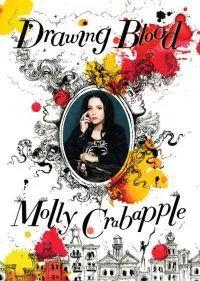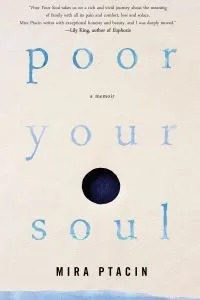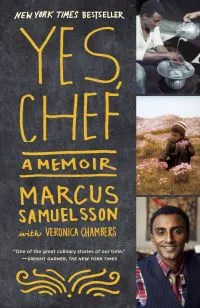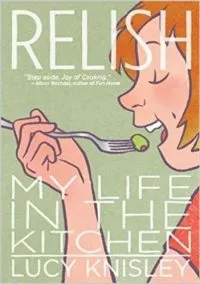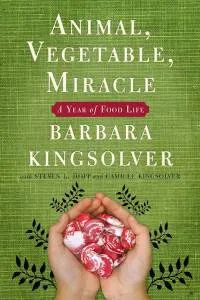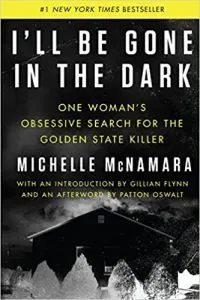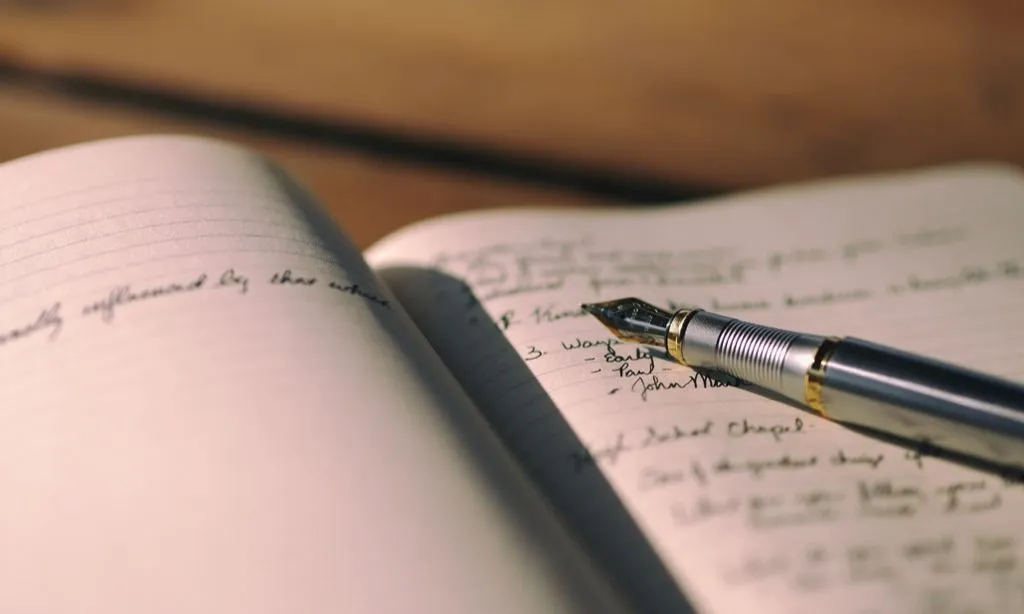
22 Creative Nonfiction Books That Will Make You Feel All the Feels
This content contains affiliate links. When you buy through these links, we may earn an affiliate commission.
The first time I picked up an issue of Creative Nonfiction, it contained an explainer by founder and editor Lee Gutkind on the genre itself. In the piece, Gutkind attempted to answer a number of the questions that continue to swirl around the genre: What does the “creative” in “creative nonfiction” (CNF) really mean? Does it give writers license to just make stuff up and peddle it as truth? What about the reconstruction of scene and dialogue? And how about the fallibility of memory?

Both brilliant and beautiful, this memoir gives readers an inside look at the art world while also tackling issues of sexualization, political activism, and more. As a bonus, Crabapple’s text is interspersed with her gorgeous, vivid illustrations. And if you end up enjoying this one, you’re in luck! Crabapple recently provided illustrations for Marwan Hisham’s Brothers of the Gun, which just released in May. Together, they bring to life Hisham’s story of coming of age during the Syrian war.
After grappling with infertility for several years, I wasn’t sure I could handle this grief memoir about a pregnancy the author was forced to terminate due to the revelation that the fetus was carrying a number of birth defects and would have no choice of surviving outside the womb. But Ptacin’s writing is exquisite, and this story of loss is perfectly layered.
In the sub-sub-genre of food memoirs written by chefs, this book is an account of a man who spent years feeling like an outsider, but who established an identity for himself as someone who was skilled at creating and melding flavors that transcended cultural boundaries.
Considering my obsession with comics, it would be weird if I didn’t include a graphic memoir. And let me hit two of my passion points by choosing one that’s all about food. This charming book is about life, family, and food, from a woman whose parents are a chef and a gourmet. For extra funsies, each chapter is bookended by an illustrated recipe.
Both a stunt memoir and a food memoir, this is the author’s account of a year spent eating only locally-sourced foods. I’m a Kingsolver junkie, and this is my favorite from her.
And then there’s the brand of narrative journalism known as true crime. There have been a lot of new and fantastic examples of this sub-genre lately, but this one is my favorite. About a long-running search for the Golden State Killer, McNamara weaves in elements of memoir by incorporating the personal tale of her attraction to true crime journalism, and to this crime in particular.
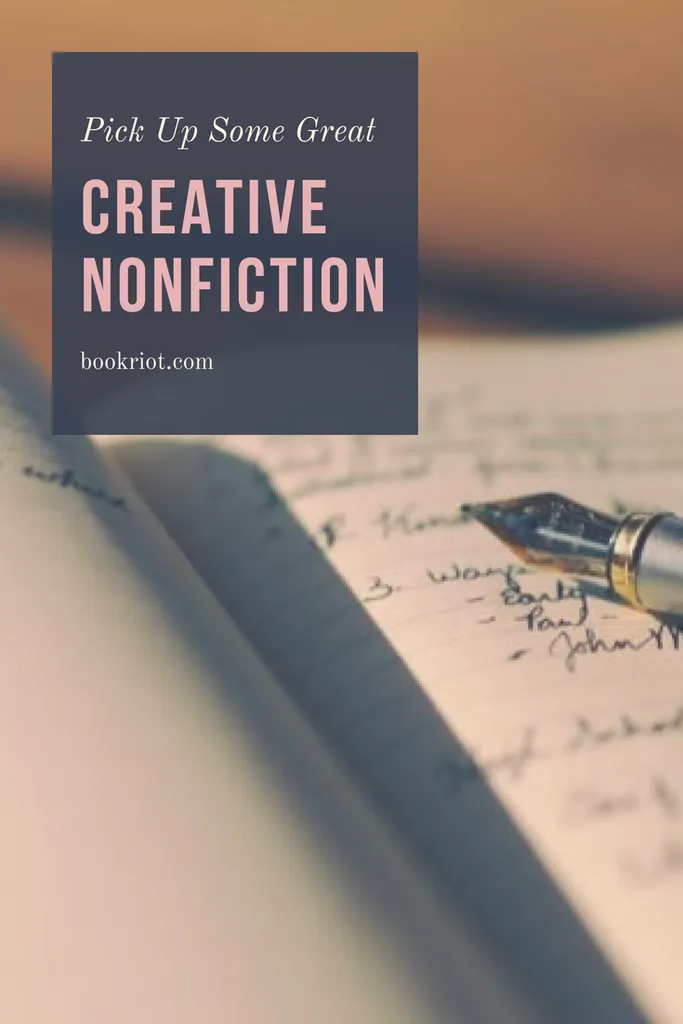
What is creative nonfiction?
The simplest definition I’ve seen: creative nonfiction is a form of nonfiction that uses the elements of fiction—scene setting, dialogue, narrative arc, etc.—to tell a true story. And while the lengths to which writers push the bounds of creativity can vary, it’s nonfiction only if the writer can stand behind the content 100 percent and attest to its veracity. Meanwhile, what form the genre takes is a bit more complicated. Creative nonfiction can range from the purely personal (such as memoir or personal essay) to the researched and reported (narrative journalism). But when you start to drill down into genre labels, things become murkier. Within the memoir genre alone, there are food memoirs, stunt memoirs, medical memoirs, grief memoirs, travel memoirs, and more. And the forms they take can vary, too. They can be graphic. They can be lyrical. They can be strung-together essays or strung-together flash pieces. They can be several of these forms or sub-genres all at once. And on top of that, personal pieces and researched/reported pieces can be woven together. Is it any wonder that, when it comes to figuring out what really counts as creative nonfiction, there’s so much confusion?The best creative nonfiction books and reads
Below, I share 22 of my favorite book-length works of creative nonfiction, works that run the gamut of form and subject matter. No matter what your particular genre kryptonite, you’re sure to find something that can act as the ideal entry point into CNF. Drawing Blood by Molly Crabapple
Drawing Blood by Molly Crabapple
Both brilliant and beautiful, this memoir gives readers an inside look at the art world while also tackling issues of sexualization, political activism, and more. As a bonus, Crabapple’s text is interspersed with her gorgeous, vivid illustrations. And if you end up enjoying this one, you’re in luck! Crabapple recently provided illustrations for Marwan Hisham’s Brothers of the Gun, which just released in May. Together, they bring to life Hisham’s story of coming of age during the Syrian war.
Reading Lolita in Tehran by Azar Nafisi
This memoir in books is an old favorite of mine from the early 2000s. Nafisi writes of the secret book group she led, made up of her most committed female students, using the forbidden Western classics they read to give readers a nuanced look at what life was like in revolutionary Iran.The Clancys of Queens by Tara Clancy
After seeing Clancy speak on a panel at Book Riot Live—about using humor to tackle difficult topics—I had to buy her memoir. She made me laugh so hard I was weeping. Her book, about growing up as a woman in working-class Queens, is just as hilarious.Love and Trouble by Claire Dederer
Almost eight years ago, Dederer wrote a yoga memoir: Poser. This memoir, on the other hand, is about the author reconciling the young woman she used to be with the woman she has become in midlife. I especially appreciated her brazen honesty, and her generosity in sharing her innermost ugly thoughts. Poor Your Soul by Mira Ptacin
Poor Your Soul by Mira Ptacin
After grappling with infertility for several years, I wasn’t sure I could handle this grief memoir about a pregnancy the author was forced to terminate due to the revelation that the fetus was carrying a number of birth defects and would have no choice of surviving outside the womb. But Ptacin’s writing is exquisite, and this story of loss is perfectly layered.
Wave by Sonali Deraniyagala
Speaking of a gut punch, Wave is the nonfiction account of a woman who loses everyone she loves in a tsunami off the coast of Sri Lanka, including her two sons. The sole survivor, she is still searching for healing at the end of her book, a tale that spans years upon years. It is relentless in its despair, but well worth the read if you can handle it.Anything That Moves by Dana Goodyear
Let’s take a break from depressing reads. I’m a sucker for food writing because, well, I’m a sucker for food. This particular piece of narrative journalism is a fascinating look at contemporary food culture and bizarre culinary trends. In acting as the protagonist in this book, and in creating vivid scenes of her own experiences with some pretty questionable dining choices, she creates a work that is as engaging as it is informative.Cork Dork by Bianca Bosker
In this work of immersive journalism, Bosker leaves her day job behind in order to learn the mysterious ways of the sommelier. Along the way, she also meets up with smell scientists, participates in competitions, and delves into the many nuances of flavor. Yes, Chef by Marcus Samuelsson
Yes, Chef by Marcus Samuelsson
In the sub-sub-genre of food memoirs written by chefs, this book is an account of a man who spent years feeling like an outsider, but who established an identity for himself as someone who was skilled at creating and melding flavors that transcended cultural boundaries.
When Breath Becomes Air by Paul Kalanithi
Both a grief and a medical memoir, this posthumously-published work of creative nonfiction is by a neurosurgeon who was diagnosed with stage IV lung cancer and forced to reevaluate his purpose in life. This heart-shattering book forces readers to reconsider what it is that makes life worth living.Knocking on Heaven’s Door by Katy Butler
And because I clearly have a thing for end-of-life stories, I’m also going to recommend this reported memoir that shines a spotlight on the difficulties of caregiving, the commerce behind modern medicine, and the meaning of a good death. Relish by Lucy Knisley
Relish by Lucy Knisley
Considering my obsession with comics, it would be weird if I didn’t include a graphic memoir. And let me hit two of my passion points by choosing one that’s all about food. This charming book is about life, family, and food, from a woman whose parents are a chef and a gourmet. For extra funsies, each chapter is bookended by an illustrated recipe.
Hunger by Roxane Gay
I’ve lately been having a love affair with a particular form of memoir: the lyrical memoir. This one—by the author of Bad Feminist, An Untamed State, and other books—shattered me. About her complicated relationship with her body, and the way in which sexual violence affected this relationship, this book was incredibly powerful.The Chronology of Water by Lidia Yuknavitch
Both raw and lyrical, it’s impossible to place this memoir in a box. It’s just so unlike anything else I’ve ever read. Following the course of the author’s troubled childhood, and equally troubled young adulthood, the book made me a Yuknavitch convert for life.Citizen by Claudia Rankine
This lyrical, breathtaking work of prose poetry gave me a glimpse of racism as it is experienced by marginalized populations and, now that I think about it, was probably my gateway drug into the world of lyrical memoirs. Animal, Vegetable, Miracle by Barbara Kingsolver
Animal, Vegetable, Miracle by Barbara Kingsolver
Both a stunt memoir and a food memoir, this is the author’s account of a year spent eating only locally-sourced foods. I’m a Kingsolver junkie, and this is my favorite from her.
Being Mortal by Atul Gawande
Moving more firmly into narrative journalism, I never thought I’d be so into a book about end-of-life care (though this was the one to start me on my string of similar reads). This book, by a surgeon and public health researcher, does a great job of showing why we shouldn’t lean too heavily on scientific and technological progress if it comes at the expense of quality of life. Using stories of patients and family members, Gawande helps readers connect to this larger issue on a more personal level.The New New Journalism by Robert S. Boynton
This book was my first introduction to immersion journalism, a form of creative nonfiction in which a journalist immerses themselves in a world or culture or situation or experience unfamiliar to them in order to tell a story. This particular book is actually a collection of interviews Boynton conducts with various immersion journalists on their creative processes.The Orchid Thief by Susan Orlean
Boynton’s book eventually led me to Orlean, whose book became familiar to wider audiences when it was adapted into a film by Spike Jonze and Charlie Kaufman. The book upon is an examination of a man obsessed with a rare ghost orchid, and of the flower-selling subculture he became a part of.Into the Wild by Jon Krakauer
Boynton’s book also introduced me to the work of Krakauer, one of the most well-known immersion journalists out there. His book, Into the Wild, was also adapted for the big screen. But he’s brought his readers into many worlds—worlds I didn’t think I’d be interested in, but which pulled me in nonetheless thanks to Krakauer’s dynamic writing—through a number of books, such as Into Thin Air, Under the Banner of Heaven, and Where Men Win Glory. I’ll Be Gone in the Dark by Michelle McNamara
I’ll Be Gone in the Dark by Michelle McNamara
And then there’s the brand of narrative journalism known as true crime. There have been a lot of new and fantastic examples of this sub-genre lately, but this one is my favorite. About a long-running search for the Golden State Killer, McNamara weaves in elements of memoir by incorporating the personal tale of her attraction to true crime journalism, and to this crime in particular.
Heating & Cooling by Beth Ann Fennelly
And last of all, here’s an oddball: a memoir built using 52 micro-memoirs, or works of flash nonfiction. I’ve been reading a lot more flash lately, so I thought this book was nifty. Each flash piece packs a delightful punch and, together, they provide a collage-like picture of a life well-lived. Of course, this list isn’t the be-all, end-all of creative nonfiction books. They just happen to be my favorites.Creative nonfiction magazines and journals
If you’d prefer to smart smaller, may I suggest:Again, this is far from an exhaustive list of creative nonfiction books, but they can act as great starting points. What creative nonfiction books have I not included that makes you want to rip me to shreds?



